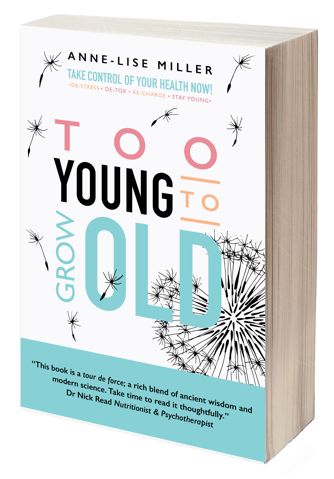Soya is the second most grown crop worldwide after corn and is expending with the increasing need for bio-fuel. Soy is the biggest agricultural export in the US. It is one of the most genetically modified crops and information on soya is heavily manipulated by powerful (American) lobbies. Although most of its uses is in animal feed its oil is used extensively in processed foods and its protein is heavily pushed by the vegetarian/health food industry. Not surprisingly information on soya is contradictory at best and misleading at worse.
With the exception of fermented soy, most soya products are not the health food it is made out. Even worse the majority of soya based products contain GM soy that is contaminated with large amounts of pesticide residues. The reason that it is genetically modified is so that it is resistant to toxic herbicide Roundup sprayed to improve crop production by killing the weeds.
Here is what makes Soy such a risky food to eat?
- 1. Soy contains natural toxins known as "anti-nutrients."
Soy foods contain anti-nutritional factors such as saponins, soyatoxin, phytates, protease inhibitors and oxalates. Some of these factors interfere with the enzymes needed to digest protein and bind to key minerals such as iron and zinc. While a small amount of anti-nutrients (normally also present in other vegetable sources) would not likely causeproblems, it becomes a significant dietary factor when eating soya protein and drinking soya milk as an alternative to meat and dairy.
- 2. Soy contains hemagglutinin.
Hemagglutinin is a clot-promoting substance that causes red blood cells to clump together. These clumped cells are unable to properly absorb and distribute oxygen.
- 3. Soy contains goitrogens
Goitrogens are substances that block the synthesis of thyroid hormones and interfere with iodine metabolism, thereby interfering with thyroid function.
- 4. Soy is loaded with the isoflavones genistein and daidzein
Isoflavones are a type of phytoestrogen, which is a plant compound resembling human estrogen. These compounds mimic and sometimes block the hormone estrogen, and have been found to have adverse effects on various human tissues. Soy phytoestrogens are known to disrupt endocrine function, may cause infertility, and may promote breast cancer in women.
- 5. Soy has toxic levels of aluminum
Soybeans are processed (by acid washing) in aluminum tanks, which can leach high levels of aluminum into the final soy product.
- 6. Soy infant formula is not a suitable.
The estrogens in soya can irreversibly harm a baby's sexual development and reproductive health. Infants fed soy formula take in an estimated five birth control pills' worth of estrogen every day.In addition soya formula is up to 80 times higher in manganese than human breast milk.
- 7. Soya is very rich in omega 6 fatty acid.
Omega 6 EFA is pro-inflammatory and contributes to an imbalance with precious Omega 3. Soya oil is used extensively in all processed foods.
Soya protein is found in tofu, soya milk, soya protein and texture vegetable protein (TVP).
Fermented soya is substantially healthier.
This is partially because the fermentation process eliminates the problem caused by the anti-nutrients and because it is an excellent source of probiotic and vitamin K2. It is also used as a condiment rather than food.
- 1. Natto, fermented soybeans with a sticky texture and strong, cheese-like flavor. It's loaded with nattokinase, a very powerful blood thinner. Natto is the highest source of vitamin K2 on the planet and has a very powerful beneficial bacteria, bacillus subtilis. It can usually be found in any Asian grocery store.
- 2. Tempeh, a fermented soybean cake with a firm texture and nutty, mushroom-like flavor.
- 3. Miso, a fermented soybean paste with a salty, buttery texture (commonly used in miso soup).
- 4. Soy sauce: traditionally, soy sauce is made by fermenting soybeans, salt and enzymes, however be wary because many varieties on the market are made artificially using a chemical process. Japanese soya sauce is usually better quality than Chinese.
Come on one of the Cleansing for Life detox retreat and learn more about food and what a healthy diet really means


